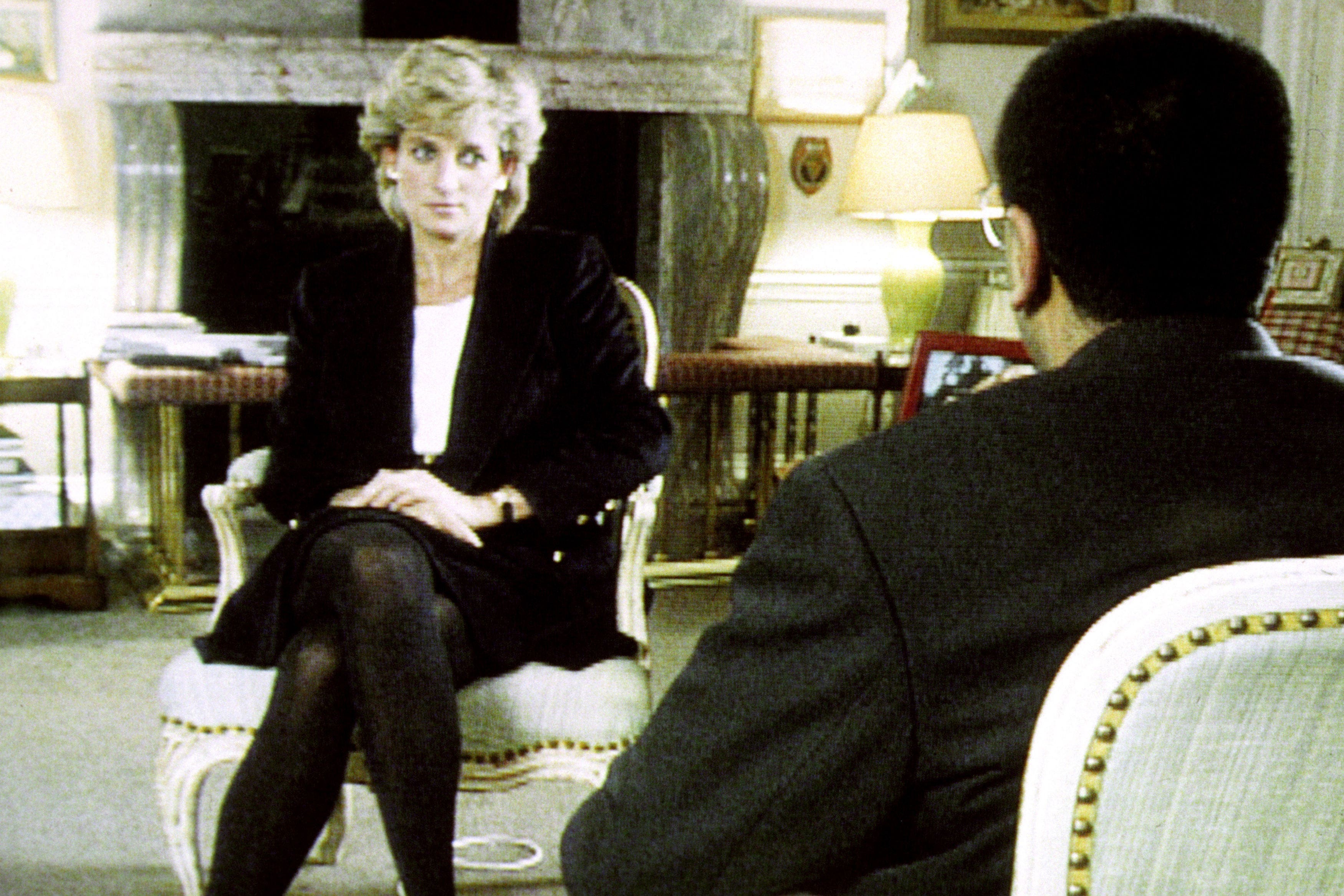BBC apologises for ‘errors’ in Diana interview disclosure
Diana’s brother Earl Spencer was even called to give evidence on Tuesday.

Your support helps us to tell the story
From reproductive rights to climate change to Big Tech, The Independent is on the ground when the story is developing. Whether it's investigating the financials of Elon Musk's pro-Trump PAC or producing our latest documentary, 'The A Word', which shines a light on the American women fighting for reproductive rights, we know how important it is to parse out the facts from the messaging.
At such a critical moment in US history, we need reporters on the ground. Your donation allows us to keep sending journalists to speak to both sides of the story.
The Independent is trusted by Americans across the entire political spectrum. And unlike many other quality news outlets, we choose not to lock Americans out of our reporting and analysis with paywalls. We believe quality journalism should be available to everyone, paid for by those who can afford it.
Your support makes all the difference.The BBC has apologised for “errors” in its handling of disclosure relating to Martin Bashir’s interview with Diana, Princess of Wales.
The broadcaster is accused of a failure to release material under Freedom of Information (FOI) law relating to how it handled the scandal when it came to light in 2020.
During closing speeches at a tribunal which would decide whether details should be released under FOI law, documentary maker Andrew Webb, who initially exposed Mr Bashir, described the BBC’s actions as a “cover-up”.
Diana’s brother Earl Spencer was even called to give evidence on Tuesday.
The scandal emerged after the then head of news at the BBC, Lord Hall of Birkenhead, suggested in a confidential briefing that Earl Spencer had given Mr Bashir bank statements.
Bashir was in “serious breach” of the BBC’s producer guidelines when he faked bank statements and showed them to Earl Spencer to gain access to Diana in 1995.
Diana famously told the BBC journalist in the interview: “There were three of us in this marriage so it was a bit crowded.”
Mr Webb and the BBC have now agreed for the documentary maker to see a sample of documents as a compromise, the tribunal heard, after he initially complained the broadcaster had failed to release more than 3,000 emails related to its handling of the scandal.
In his closing speech on Tuesday, Mr Webb spoke of how he was in no doubt, after showing Earl Spencer the initial FOI disclosure from the BBC that what the broadcaster said was “not true”.
He said: “This allegation is such a huge claim to publish about anyone.
“The only thing to do in that situation was to go to the horse’s mouth and say ‘look, this is what the BBC were saying, what gives?’
“I got a very speedy response from his secretary and the phone rang.
“At the end of that call I was absolutely satisfied that what the BBC had said was not true.”
Mr Webb continued to question whether the BBC had “unashamedly” released documents for “what they would say is good stuff… and withholding what they would say is bad stuff.”
He added: “So I submitted an FOI request which is why we are here today.”
Mr Webb told the tribunal he believed the actions of BBC executives were to “give this 1996 cover-up a new lease of life” and to make sure “Martin Bashir would never be brought to the book”.
Acting on behalf of the BBC, barrister Jason Pobjoy said mistakes were made in “good faith”.
In his closing speech, he said: “The BBC does accept and has accepted that mistakes were made in this case – particularly in dealing with the initial request.
“I want to apologise again on behalf of the BBC for these errors.
“Not withstanding these mistakes, the BBC’s position is they were mistakes but in good faith.”